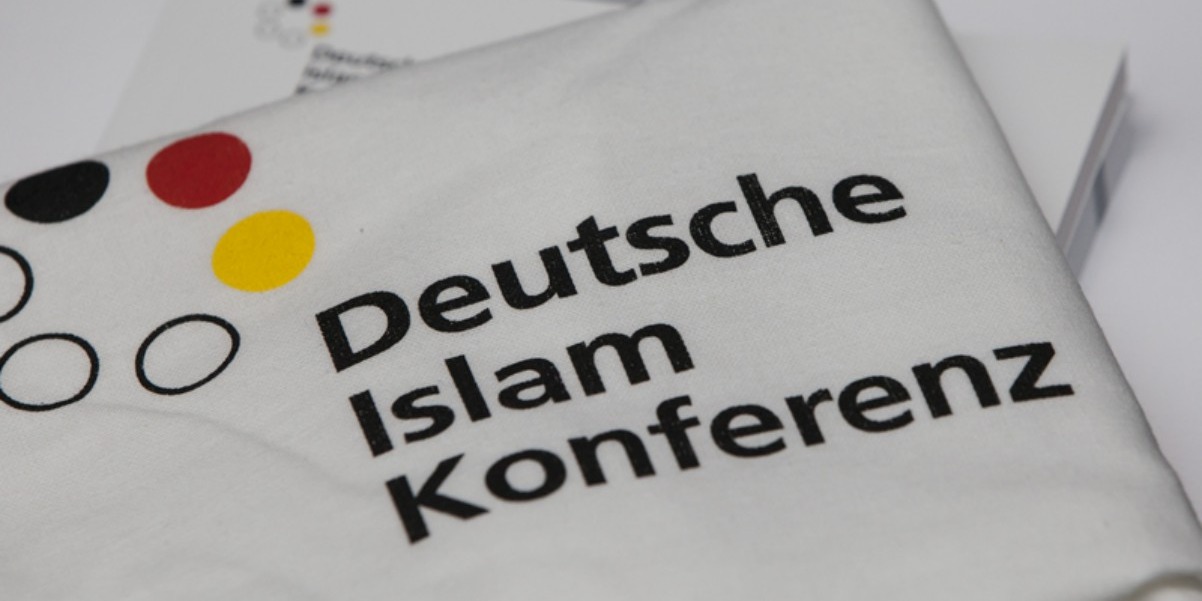‘Muslim Life in Germany 2020’ – new study on the way
Germany’s Federal Office's research center is conducting the "Muslim Life in Germany 2020” (MLD 2020) project, following the study in 2008 and 2016.
Between July 2019 and February 2020, around 5,200 people answered questions to provide current knowledge about the Muslim community living in Europe’s largest economy.
The first results will be published in early 2021.
RESEARCH GOALS
Commissioned by the German Islam Conference (Deutsche Islam Konferenz, DIK), the central forum of the federal government for dialogue with Muslims, "Muslim Life in Germany 2020" pursues several goals.
It allows scientists to gain access to reliable information about the everyday religious practice of Muslims and generate insights into aspects of integration, and the survey also facilitates the extrapolation of the number of Muslim faith members and analyses social structures.
The report will highlight similarities and differences between Muslims and members of other faith groups from the same countries of origin and German people without a migration background.
A comparison with the 2008 results will illustrate the changes in Germany’s Muslim population in the past decade.
DIVERSITY OF MUSLIM COUNTRIES OF ORIGIN
The project team interviewed immigrants from various Muslim regions of origin and their descendants born in Germany. Around 4,600 men and women from Turkey, Southeast Europe, North Africa, and the Near and Middle East participated.
About 600 German citizens without a migration background also answered to the interviewers as a comparison group.
In contrast to the previous studies in 2008 and 2016 carried out by telephone, this time, computer-aided face-to-face interviews delivered the quantitative data.
In a multi-stage process, the researchers drew the samples nationwide from various residents' registration offices and applied the onomastic method to track down people potentially belonging to the target group.
If a preliminary interview confirmed the affiliation assumption, the person would be asked more questions.
OUTCOME: FOCUS ON MUSLIM WELFARE
Following previous research results and among other initiatives, the German Islam Conference has been dedicated to the topic of pastoral care in public institutions such as military pastoral care, hospital pastoral care, and prison pastoral care.
A series of working committee meetings and a specialist conference held in November 2016 clarified the course of action and resulted in the foundation of the Islamic Center of Excellence for Welfare (IKW). IKW is a not-for-profit association servicing Muslim welfare organisations and is sponsored by the Federal Ministry for Family Affairs, Senior Citizens, Women and Youth.
GERMAN ISLAM CONFERENCE
“Muslims belong to Germany,” Federal Interior Minister Horst Seehofer said in his opening speech of the fourth German Islam Conference in Berlin at the end of November 2018.
“Muslims have the same rights and obligations as all citizens of this country,” Seehofer, who wants a society-rooted Islam, added.
The first German Islam Conference was held in 2006 and marked the beginning of a long-term dialogue between Germany and the Muslims living in the Federal Republic.
The conference’s aim is "to achieve better religious and socio-political integration of Muslims and good coexistence of all people, regardless of their beliefs”.
The establishment of the Muslim Coordination Council (Koordinationsrat der Muslime, KRM), the working platform of the four largest Islamic organizations in Germany, was the result of the inaugural conference.
(Reporting by Petra Loho; Editing by Emmy Abdul Alim emmy.abdulalim@salaamgateway.com)
© SalaamGateway.com 2020 All Rights Reserved
